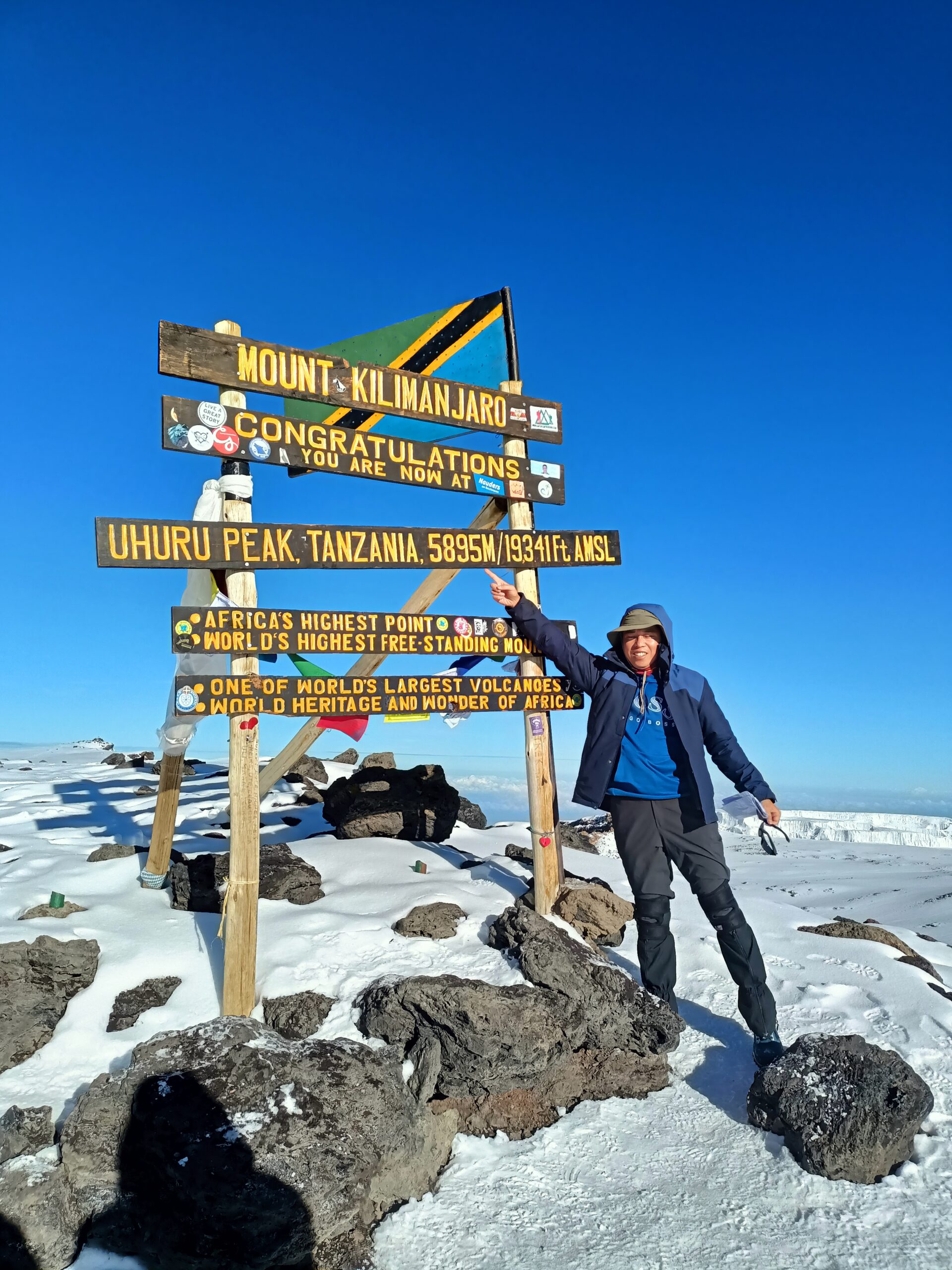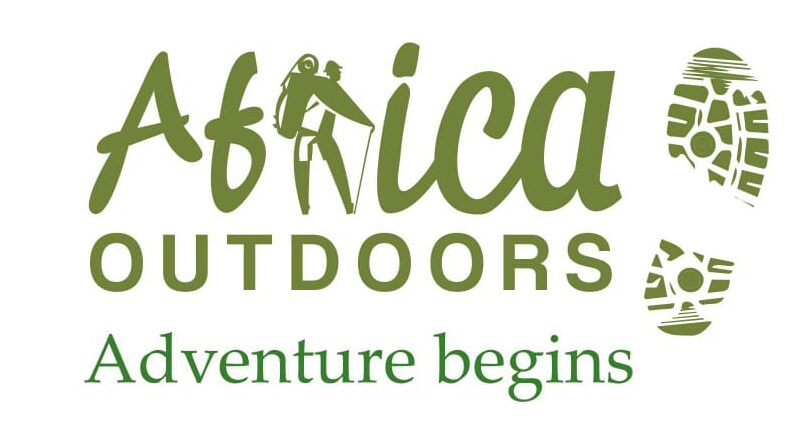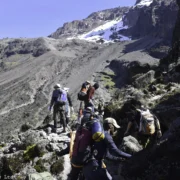
How to avoid altitude sickness in Mount Kilimanjaro
Altitude sickness, also known as acute mountain sickness (AMS), can be a concern when climbing Mount Kilimanjaro due to its high elevation. Here are some tips to help you avoid altitude sickness:
- Ascend slowly: The most effective way to prevent altitude sickness is to allow your body to acclimatize gradually. Choose a longer route that includes more time for acclimatization, such as the Lemosho or Machame routes, instead of faster options like the Marangu route.
- Physical fitness: Ensure you are physically fit before attempting the climb. Regular exercise, particularly cardiovascular workouts and hiking, can improve your overall fitness level and help your body cope with the demands of high altitude.
- Hydration: Drink plenty of fluids during your climb to stay hydrated. Proper hydration helps your body acclimatize better. Avoid alcohol and caffeine, as they can contribute to dehydration.
- Proper nutrition: Maintain a balanced diet during your expedition, focusing on high-carbohydrate foods that provide energy. Avoid heavy meals that are difficult to digest at high altitude.
- Medication: Consult with a healthcare professional about medication options for altitude sickness prevention. Acetazolamide (Diamox) is commonly prescribed to aid acclimatization. It helps stimulate breathing and reduces the severity of symptoms.
- Gradual ascent: When climbing, follow a slow and steady pace. Avoid rapid gains in altitude and take regular rest days to allow your body to adjust. Climbing too quickly greatly increases the risk of altitude sickness.
- Listen to your body: Pay attention to any symptoms of altitude sickness, such as headache, nausea, dizziness, fatigue, or loss of appetite. If you experience symptoms, it’s essential to descend to a lower elevation until you start feeling better.
- Adequate rest: Get enough sleep during your climb to aid in acclimatization and overall well-being. Your body repairs and adjusts better during sleep.
- Additional acclimatization days: Consider adding extra acclimatization days to your itinerary. This allows your body more time to adapt to the high altitude, reducing the risk of altitude sickness.
- Know the signs: Educate yourself about the symptoms and signs of altitude sickness, as well as the potential risks associated with it. Be prepared to recognize and respond to any symptoms promptly.
How To Recognize AMS
AMS does not present as a slow, gradual worsening of lesser altitude-related symptoms like breathlessness or headache. It is in fact generally a rapid, dramatic onset of symptoms that can render a person unable to walk or take care of themselves at all.
Our guides are trained to recognise AMS and apply the appropriate first aid. They will monitor your blood oxygen saturation and evaluate your overall acclimatisation, but it is vital that you monitor and report your condition accurately, for everyone’s safety.
Our Client Descent Protocol
If our guides believe you may be in poor health or that allowing you to continue the climb may be dangerous, they will require you to begin your descent immediately. If that decision is made, it will be according to this protocol:
1) Measuring your oxygen saturation
If it is below 80%, then you will be required to submit to another test every half hour, for the next two hours. If your saturation does not rise to at least 75%, you will be required to descend immediately. If your saturation is at least 75%, you will be allowed to continue subject to close monitoring. If your condition worsens you must notify your guide immediately, and begin the descent.
2) Evaluation on the Lake Louise Scale
If your score is between 6 and 8 then the guide will consider whether you can continue based on your score, oxygen saturation levels, pulse rate and overall well-being. If you are allowed to continue, you will be monitored closely for the duration of the ascent. If your condition worsens you must notify your guide immediately, and begin the descent. If your Lake Louise Score is higher than 8, you must descend immediately.
Remember, altitude sickness can affect anyone, regardless of age or fitness level. It’s crucial to prioritize your health and safety during the climb. If symptoms worsen or become severe, descend to a lower altitude immediately and seek medical attention if necessary.
Recent Posts
Mount Kenya Challenge Program
Mount Mtelo Sekerr Range-West Pokot
How Hard is it to Climb Mount Kilimanjaro
All Categories
Tags

Thailand




